Bloody wars developers haven't exploited for games (yet)
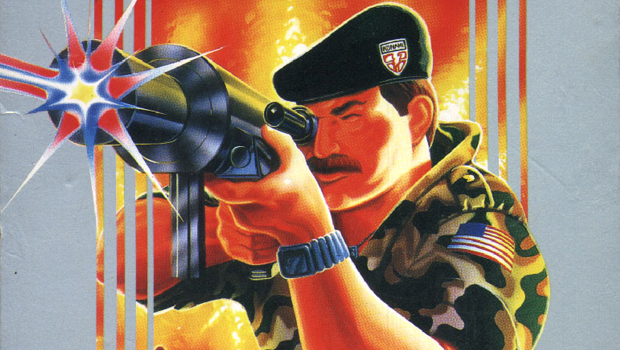
Those who forget the past will never be able to play it
Humanity's time on Earth has been riddled with death--much of it at the organized, mechanised hands of war. Why, then, do almost all historical games focus on only the biggest conflicts? The Punic Wars, the Napoleonic Wars, and the Pacific and European theaters of World War II have been the focus of hundreds of games, while other massive struggles have been ignored. Developers are going to keep turning wars into interactive games so long as they keep making money, so they might as well branch out and start exploring new areas of history, right?
They might as well teach gamers about The Warsaw Uprising or Mexican Revolution while force-feeding them Achievement points. Some of these conflicts have already been featured as individual levels in other games, but the wars themselves--and the stories behind them--are deep enough to merit their own releases. Video games are a great way to bring history to life, so let's see what developers could do with...
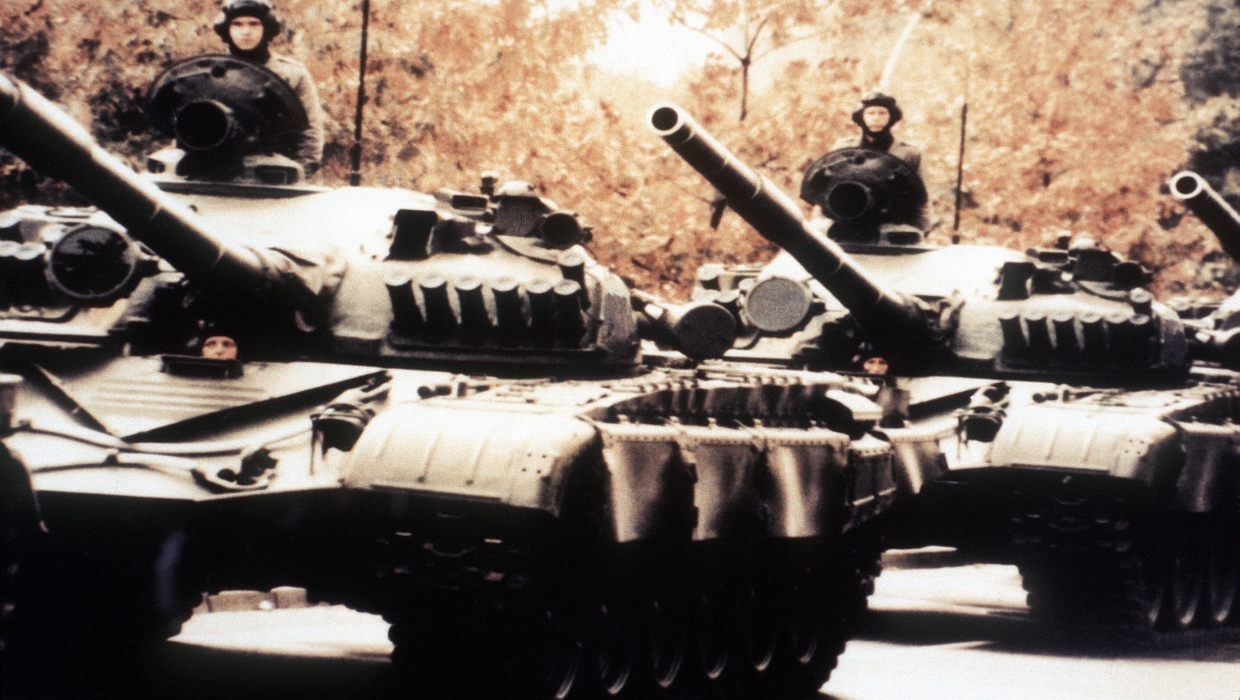
The Soviet Invasion of Afghanistan
The war: In 1979, the Soviet Union invaded Afghanistan "temporarily" to help put down a rebellion staged by the Islamic tribesmen against the Russia-friendly socialist government. Ten years later, the massive Red Army retreated in disgrace from the mountainous "graveyard of empires".
What it would be like as a game: Afghanistan's largely untamed mountain regions provide great terrain for shooters, with numerous cliffs, caves, and other ambush points. On top of that, the unbalanced nature of the conflict--with lightly armed guerillas facing off against the might of the Soviet tank forces--would force players to be more cautious and tactical in their approach to confrontations with the Russian invaders. The Russian campaign, meanwhile, will quickly teach players to regard every cliff and cave with suspicious fear that there may be a Mujahideen fighter hiding just out of sight.
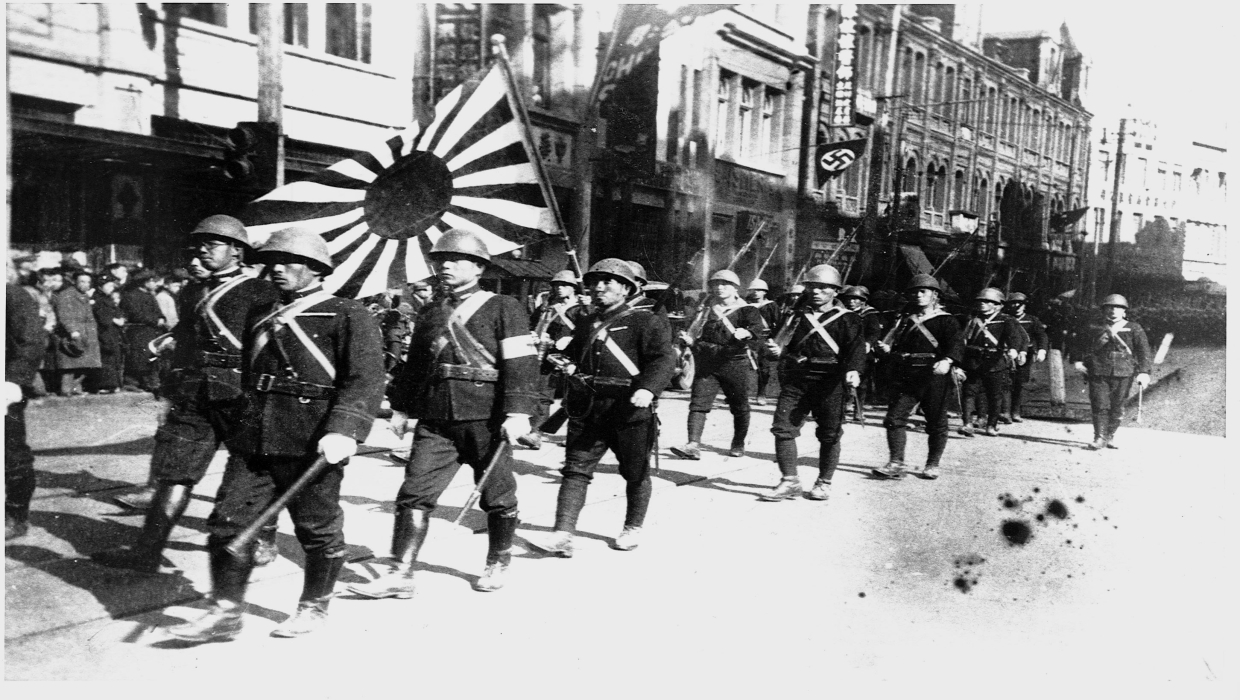
Japanese Occupation of China
The war: Perhaps the greatest conquest the Imperial Japanese military made in the years before World War II was the takeover of large parts of China during and after 1937. Unfortunately for them, the Chinese people quickly proved to be hard to rule, and Japanese soldiers dealt with a series of rebellions throughout its occupation.
What it would be like as a game: The Japanese occupation forces in China, as in their other holdings across the Pacific, were brutal to their subjects almost beyond belief. A game set in the occupied territories of China could focus on the resistance these kinds of policies inevitably cause. An open world game along the lines of The Saboteur (but nowhere near as silly) could explore this dark time as you play a Communist resistance fighter struggling to free his homeland, while simultaneously fighting the former Chinese Army, resulting in a brutal three-faction war in an open world defined by forested mountains and dense cities to lose yourself in.
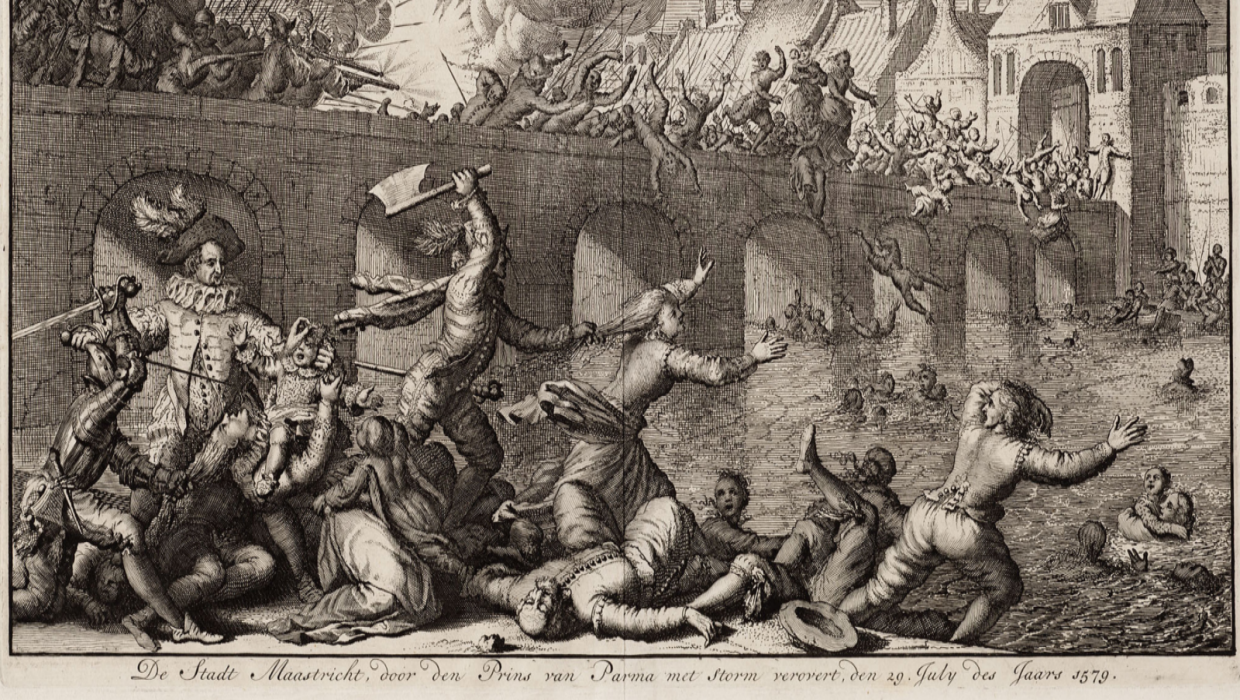
German Religious Wars
The war: After Martin Luther began the Protestant Reformation in 1517, the collection of small kingdoms loosely ruled by the Holy Roman Emperor now known as Germany tore itself apart as Lutherans and Catholics fought over whose interpretation of Christianity was correct.
What it would be like as a game: The religious wars of the German princedoms were some of the most brutal ever seen in Europe up to that point, with thousands of people dying brutal deaths in the name of religion. But there's great drama in religion, if any developer is willing to risk the controversy such a game would provoke. A tactical RPG set in this time period would allow people to witness and participate in some of the bloodiest conflicts in European history--perhaps through the eyes of a nobleman torn between his duties to his Protestant citizens and his Catholic Emperor, or maybe as a soldier grappling with religious uncertainty and the rapid change of the era.
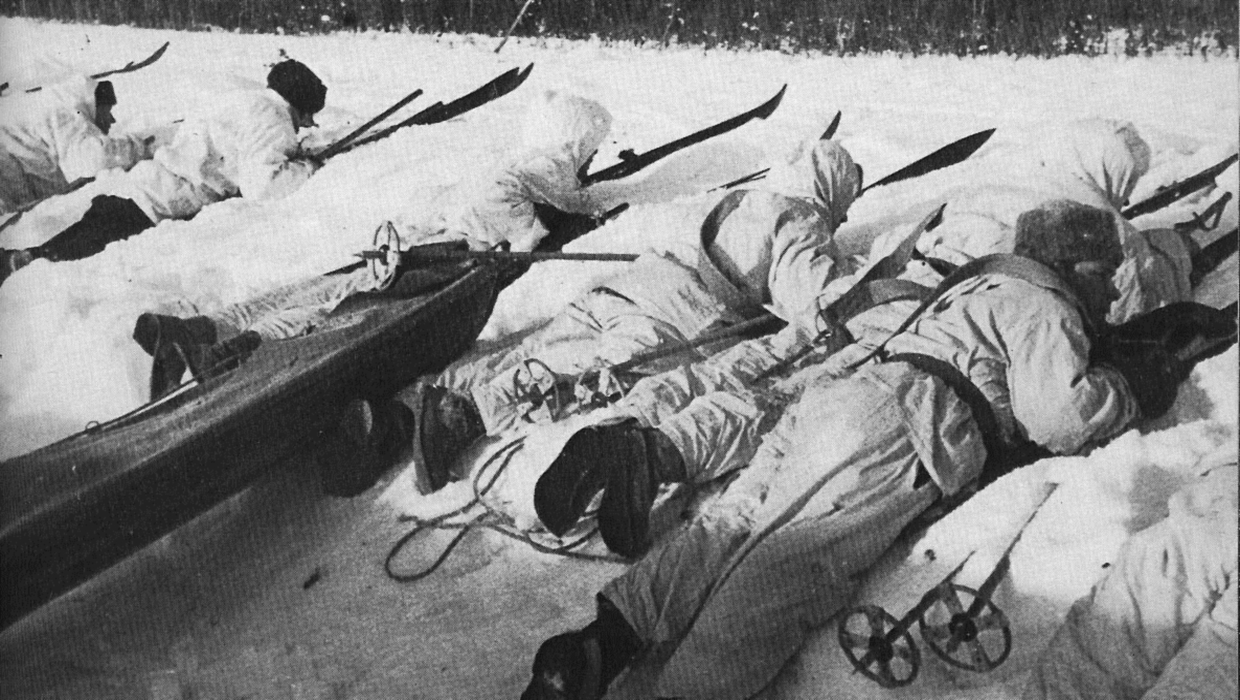
The Winter War
The war: November 30, 1939, saw the beginning of one of the most one sided campaigns of World War II: the invasion of Finland by the Soviet Union. During the three-month campaign, the Soviet Red Army lost over three hundred thousand troops to the brutal winter cold (Finland was too cold for even Russians to handle) and brilliant Finnish guerilla tactics before retreating in abject failure in March, 1940.
What it would be like as a game: The Winter War has the potential for a great shooter just waiting to be tapped. The Finnish emphasis on winter skills and their status as the invaded nation makes for a great underdog story, casting the player as a Finnish trooper going up against the massive Soviet juggernaut to protect his home. An emphasis on the stick-and-move tactics of Finnish snipers and guerilla fighters--who often escaped on skis--and the absolute cold that permeated the conflict would make for a unique experience of the horrors of war.
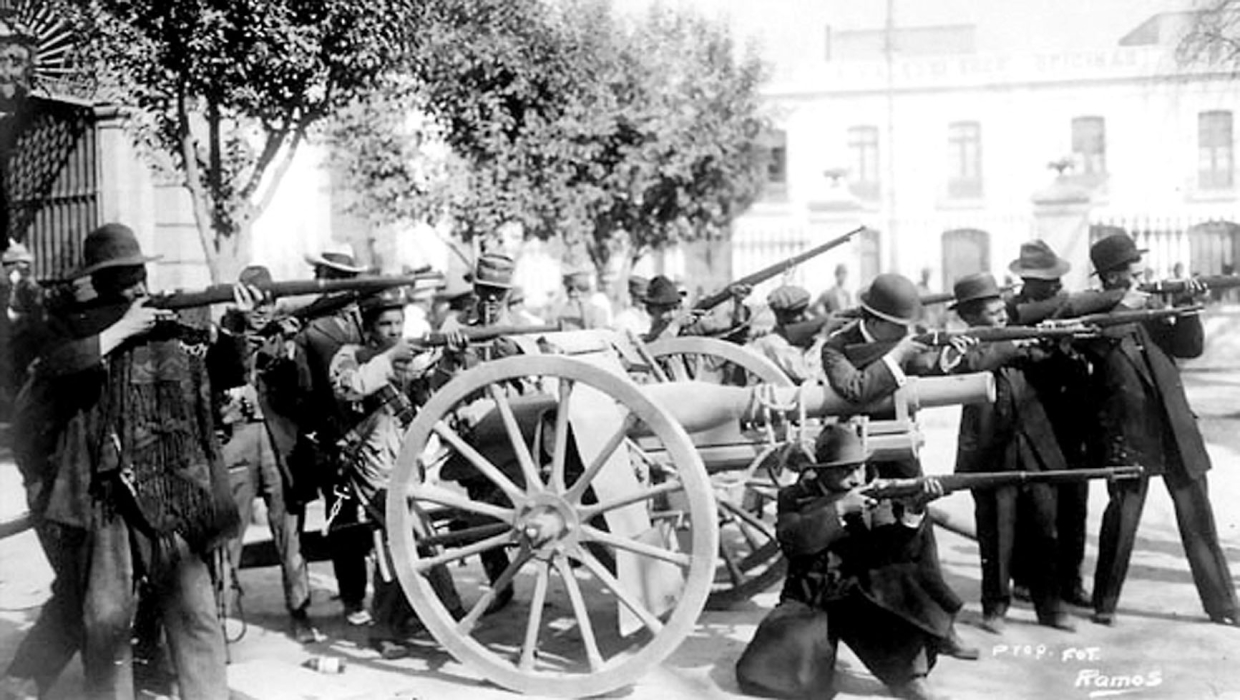
The Mexican Revolution
The war: After Mexico gained independence from Spain in the early 1800s, the young nation tried so hard to put together a functioning government that united a disparate group of peoples and cultures. Eventually, a military dictatorship took hold and stabilized the country under a man named Porfirio Diaz. Many Mexicans didn't care for this, however, and in 1910 they launched a revolution that quickly descended into a massive multi-faction civil war.
What it would be like as a game: The Mexican Revolution would make for an intriguing open-world game showing the horrors of a country tearing itself apart. Red Dead Redemption dipped its toes into the Revolution during its section in Mexico, but this conflict definitely deserves a full game to itself. A Mexican Revolution game stealing the faction system from the Mercenaries series and gameplay from Red Dead Redemption would not only be a blast to play, but also have the potential for a branching storyline and multiple endings, depending on what factions you support as the player.
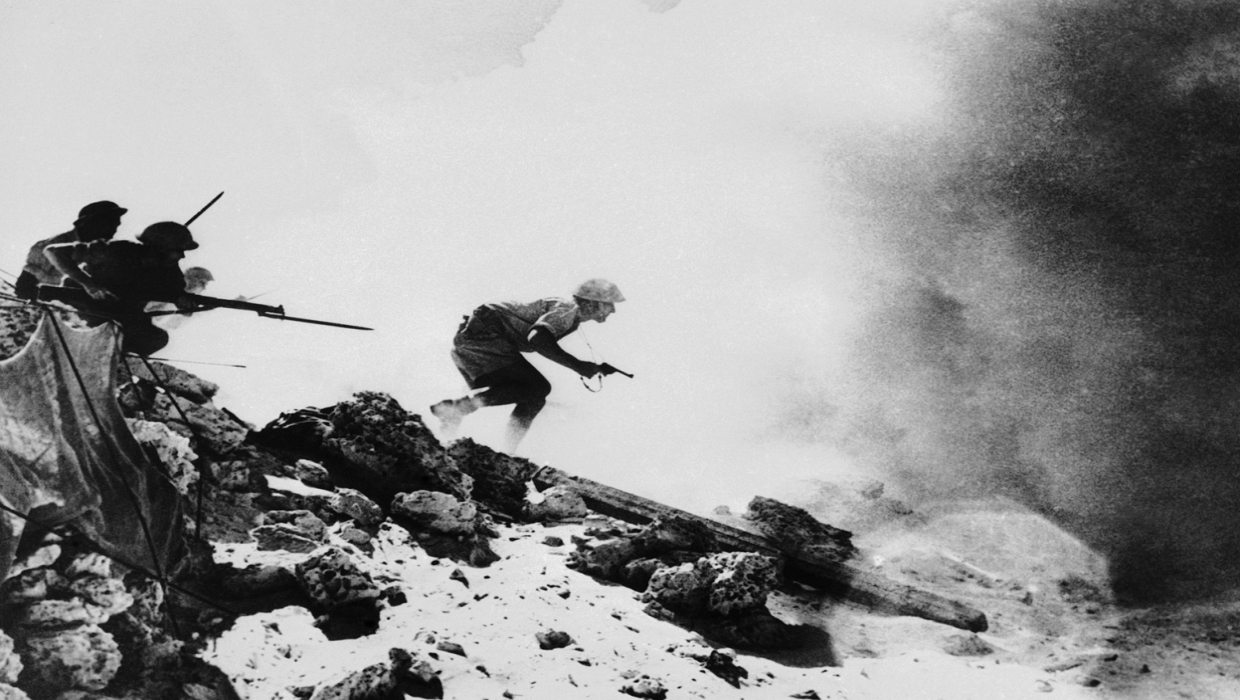
The Allied Invasion of Italy
The war: Because of the minimal role it played throughout World War II, we often forget that Italy was a combatant in WWII. However, during the war, Italy became a battleground. After the invasion and takeover of Sicily (the island just off the boot-tip of Italy), the Allied forces launched an invasion of the Italian Peninsula in 1943.
What it would be like as a game: The Italian Campaign was chock full of twists and turns that would make for a great story mode. It started as an Allied invasion of a hostile nation. Even then, Allied troops were ordered to be especially careful of the Italian civilians to encourage Italys surrender (most people fight much harder for revenge than for ideology). After Italy switched sides to the Allied powers, their former German allies suddenly became an occupying force, with all the grace and charm of other occupying German armies, and the Allied armies were suddenly fighting a war of liberation.
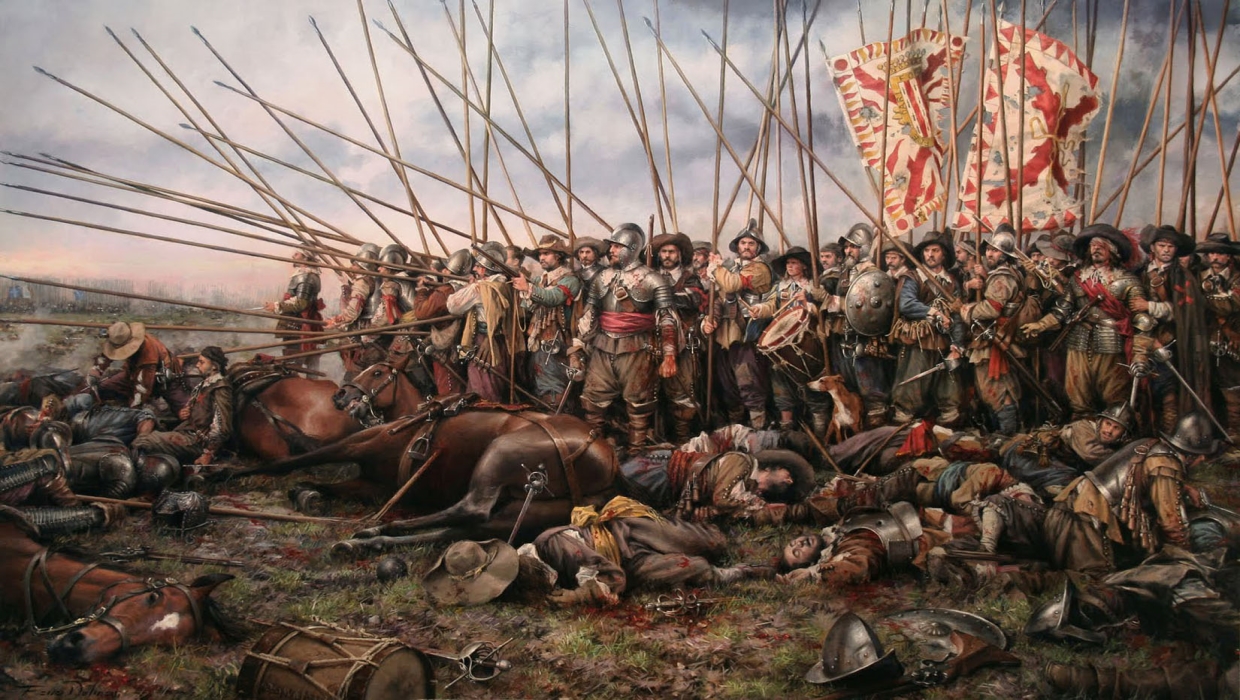
The Thirty Years War
The war: Beginning in 1618 as a resumption of the German Religious Wars, the Thirty Years' War quickly drew in the rest of the nations of Europe, eventually turning into the longest and bloodiest conflict in Europe until of World War I began nearly three centuries later, with 8 million people dead and entire swaths of the continent in ruins.
What it would be like as a game: The big draw of the Thirty Years' War for gamers is the complex political relations between the great powers of Europe. An 8-player 4X game is just what's called for here. Each nation's ruler would have to juggle the internal workings of their empire while simultaneously trying to manage the complex diplomacy with the other massive powers of the continent, testing a player's guile and ability to multitask. It takes a strong will to perform the diplomacy to keep your country safe while simultaneously trying to expand your borders and enhance the glory of your crown.
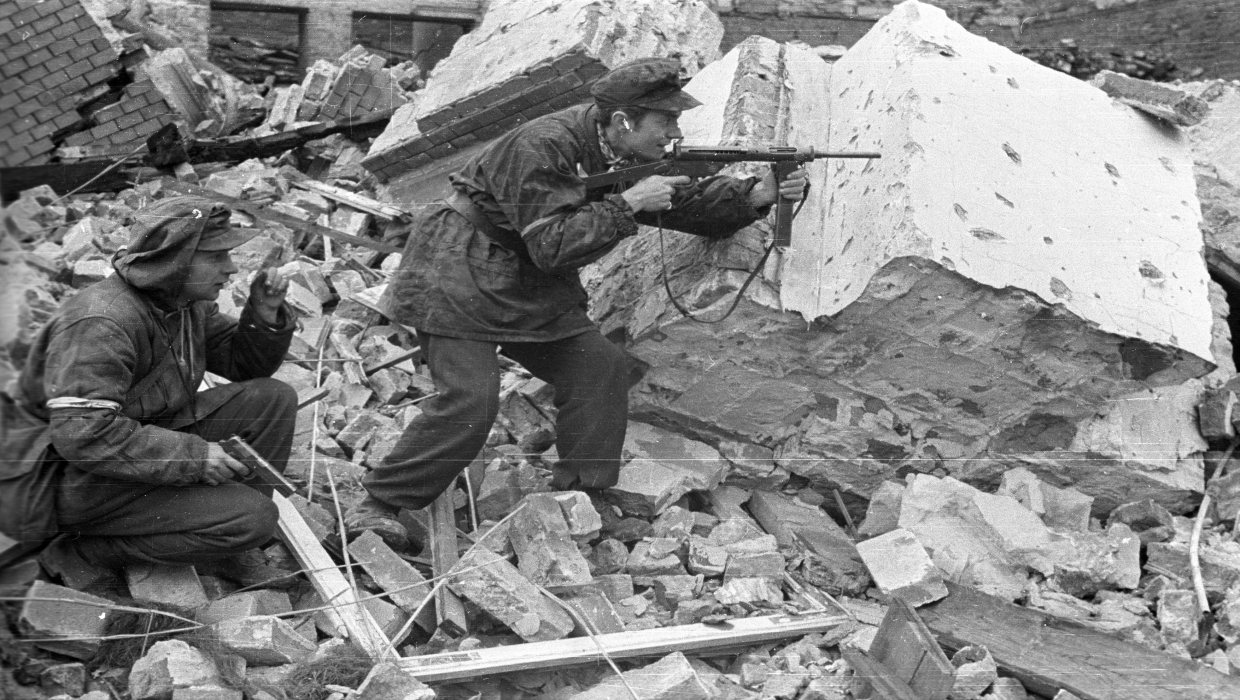
The Warsaw Uprising
The battle: In 1944, after five years of brutal occupation, the Polish Home Army launched an uprising in the capital city of Warsaw against the occupying German forces. The Uprising failed as the massive Soviet Red Army looked on from across the river, refusing to aid the British-allied Poles.
What it would be like as a game: "Lost causes are the only ones worth fighting for." A Warsaw Uprising game focusing on the brutal occupation forces and the fanatical resistance it spawned would be a fascinating game. With an opening reminiscent of Half-Life 2's to showcase the brutality of the German occupation, a great dev could easily hook the players into the tale of a resistance fighter, allowing you to play through the brutality of close-quarters street fighting and feel the betrayal as your supposed allies stop just short of your beloved city as the Nazis kill the rebels and everyone else they can get their hands on. A depressing game, to be sure, but war is a depressing business.
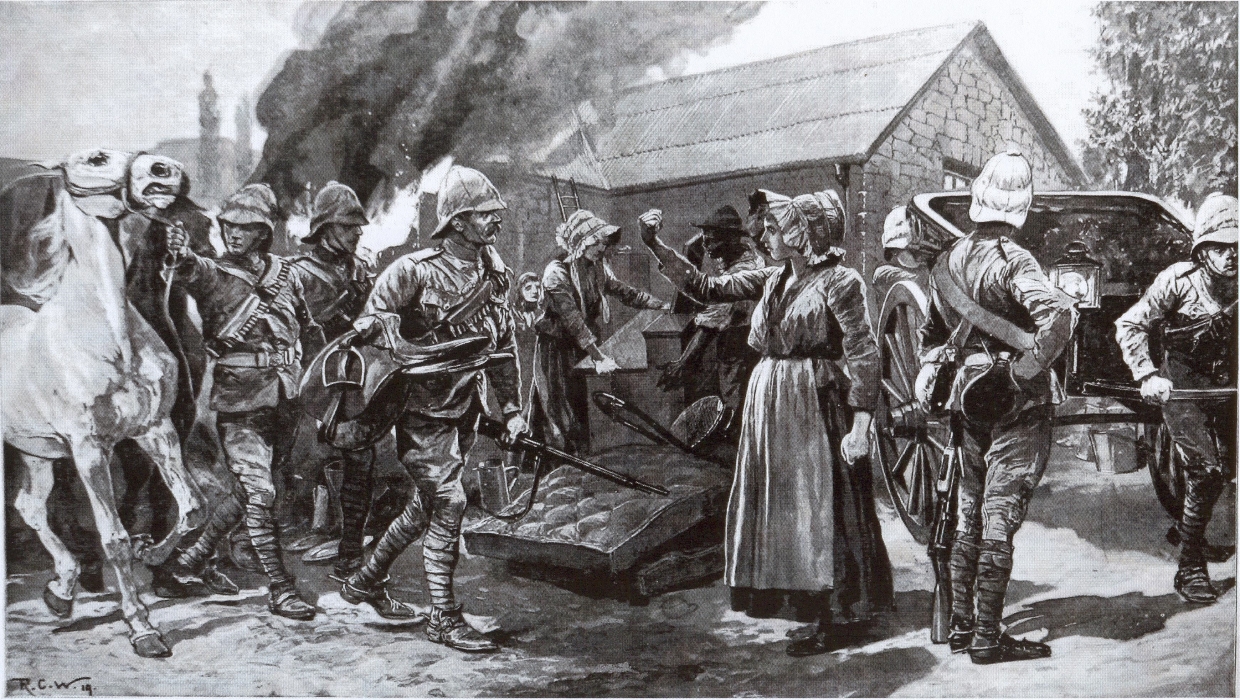
Boer Wars
The war: The Boer Wars were a pair of conflicts between the British Empire and the Dutch settlers of South Africa over who would control the resource-rich southern tip of the African continent. The First Boer War (1880-1881) saw the Dutch Afrikaners toss the British Empire out of South Africa. This defeat didn't deter the British for long, though, and in 1900 they launched another invasion of South Africa.
What it would be like as a game: It was in these conflicts that the British Army received some of their most effective lessons in the power of guerilla warfare. The Boer commandos (the group from which our modern usage of the word springs) would launch amazingly effective hit and run attacks and stage ambushes that slowly bled the British dry. Playing as one of these commandos would make for an interesting examination of the thin line between freedom fighter and terrorist, with the drama ratcheting up once the British take your family hostage and you have to rescue them in the final act of the campaign.
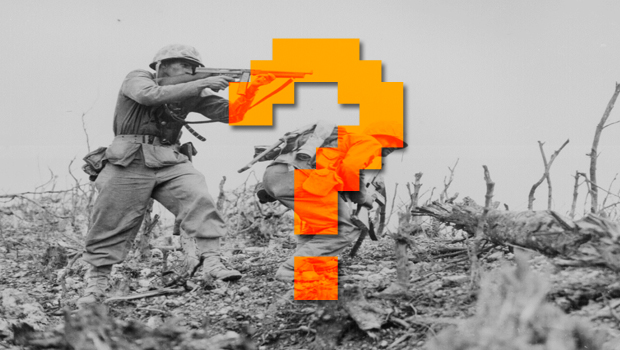
What do you want to see?
Those are the wars I most want to see made into video games. What conflicts do you want to see more of? There are plenty of fascinating wars that we don't have the time or knowledge to write about. Tell me all about it in the comments below!
If you enjoyed this article, you might also enjoy our discussion on where the next Call of Duty should take place and our list of FPS guns that aren't as common as you'd think.


